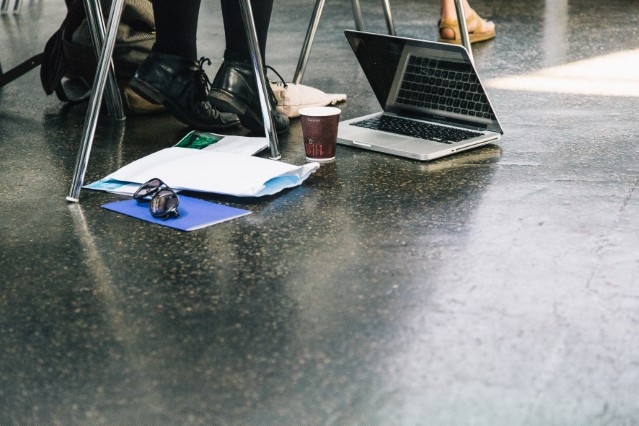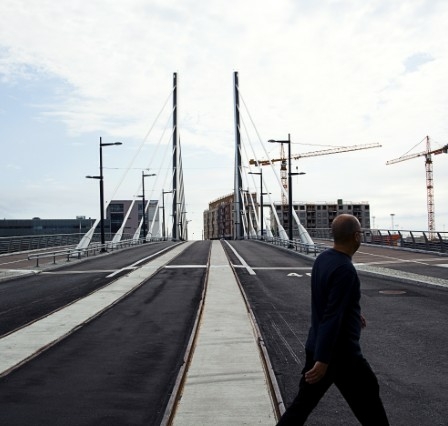What do the Finnish Innovation Fund Sitra, Bertelsmann Stiftung, Chatham House, Bruegel, Jacques Delors Institute, Compagnia di San Paolo and Calouste Gulbenkian Foundation have in common? They are all leading European think tanks or independent providers of funding for those that are forging a new vision for the future. In their home countries, the sound of these think tanks striking while the iron is hot has been heard by many. All seven also share an interest in building a more sustainable future.
Last week, these players convened in Berlin to envisage what could transpire if they all joined forces to send common messages regarding the future of Europe to national decision-makers and EU policymakers.
Europe is facing major structural reforms. However, the cohesion required to take bold decisions about the future is crumbling. Discussing the future of Europe and EU policies is far too restricted to the inner dialogue of EU institutions, and there is a gap between the national and EU-level dialogues. We need new ways of bringing the policy dialogues of national bodies and EU institutions closer together. This will take more than setting up arenas for discussion. There will be no impact if the players involved in the collaboration do not form a credible liaison both at EU level and in their home countries. The dialogue must also be supported through independent and bold analyses.
In Berlin, these seven players agreed to form a network of co-operation in which expert working groups compiled from various organisations will jointly draw up reviews on specific topics and publish them, along with policy recommendations, at an annual high-level gathering of decision-makers. The first event of this kind will be held in Berlin in late 2015.
The future of the European welfare state model was selected as the theme for the first year of collaboration. The theme has three dimensions: social sustainability, economic sustainability and governance. Sitra has a good starting point based on previous work with expanding the concept of well-being, renewing the healthcare and welfare funding model and developing public sector management and the government. Sitra is tasked with co-ordinating the work of the working group for governance, but it will also participate in the work of other working groups.
New dimensions and questions will certainly arise as the work progresses. Is there even such a thing as a cohesive European welfare state model? What are the key similarities and differences in the welfare systems of European countries? What principles of governance should be applied when there is a need for a more holistic understanding of well-being, or when familiar practices and responsibilities are being challenged by digitisation and new technologies? Or what to do when there are ever fewer jobs available and the meaningfulness of work is becoming a key source of well-being? Or amidst difficulties in finding funding for well-being services and the growing of inequality and marginalisation in society? Who should take responsibility for well-being: the state, the community or individuals? What role does the business sector play in the production of well-being services? With our current welfare policies under tight national control, is there even a need for policy dialogue at EU level? How will the rapidly changing Asian welfare state model challenge old European traditions? What agile ways are there to reform the rigid structures of a welfare system?
Sitra’s mission is to build a successful Finland for the future. This begs the question of how its role in shaping European policies will serve its national goals. In an independent world, we can’t bury our heads in the sand, and this also applies to welfare issues. What we do for the common good outside Finland’s borders will ultimately affect our own well-being and security.
And by the time we need the help of international networks, it will be too late to start building them from scratch. In addition to joint reviews and events, the recently launched network of co-operation provides many opportunities for bilateral collaborations between experts, and for airing our thoughts and testing our own ideas, for example when we at Sitra are preparing to tackle new themes or dimensions.





Recommended